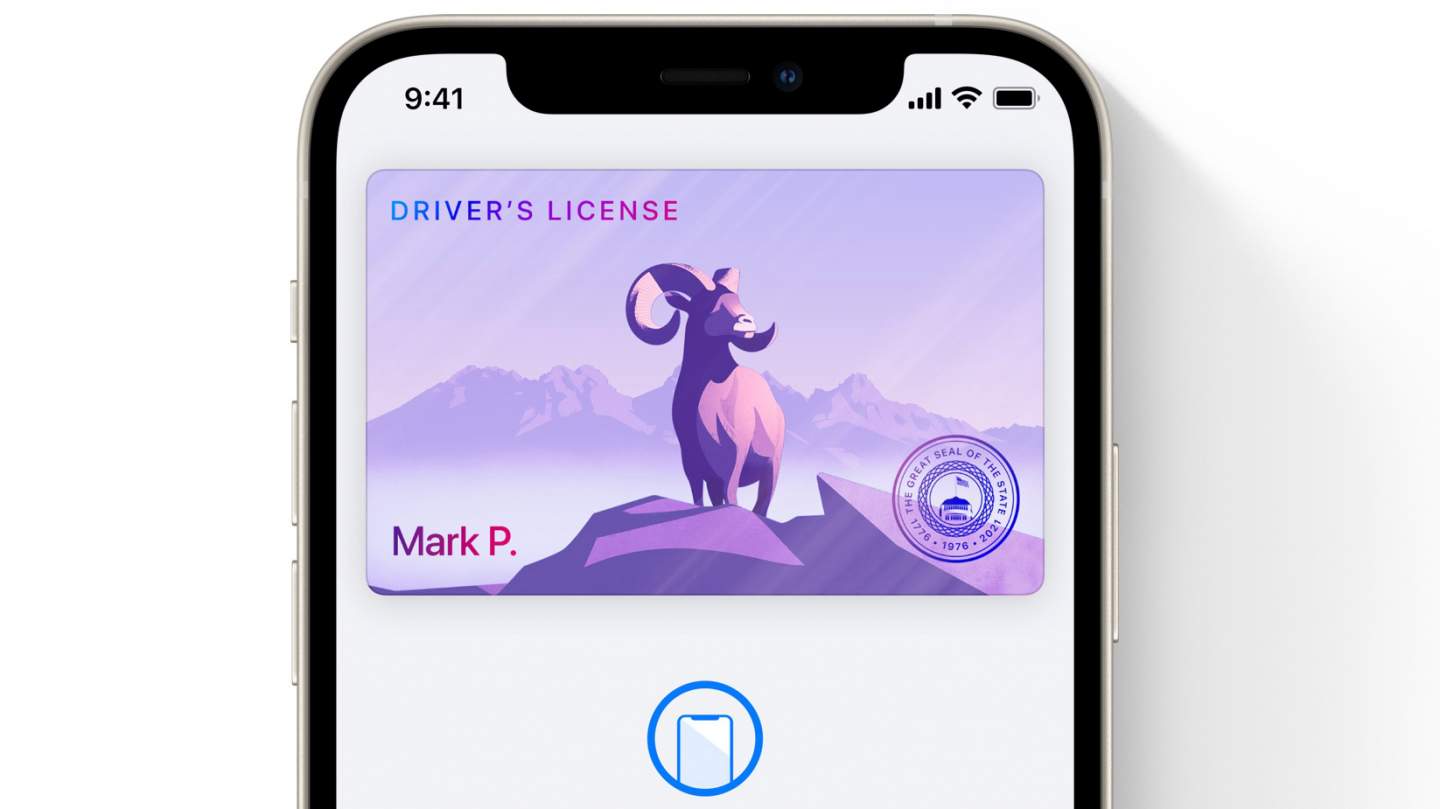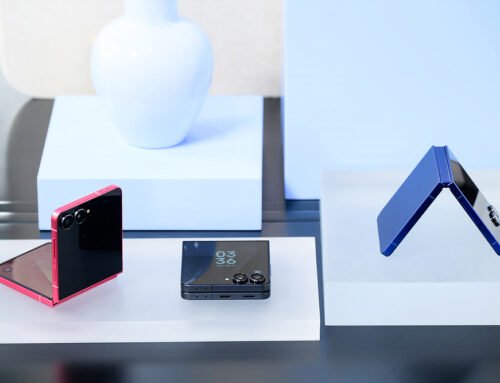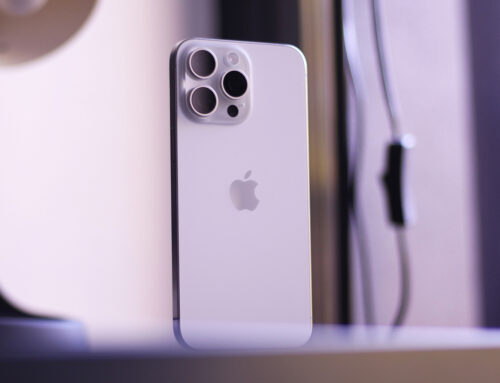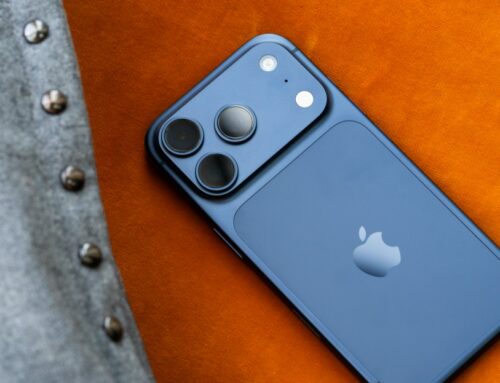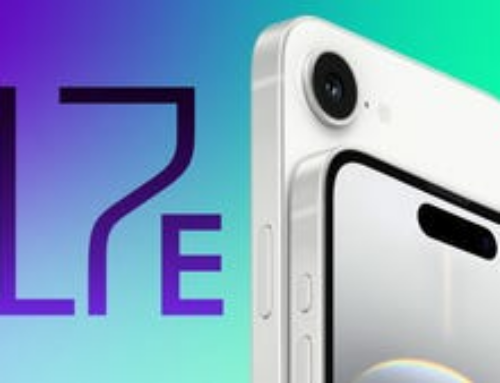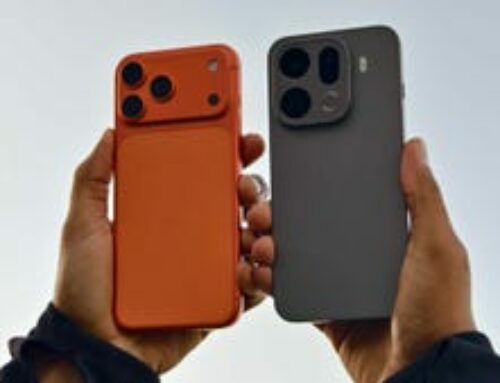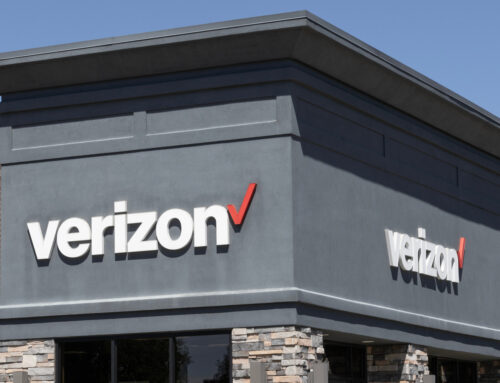iPhone users will need to keep their driver’s license in their wallet or purse a little longer than expected, with Apple quietly confirming that its iOS 15 ID cards feature has been delayed. Announced as part of the newest iPhone and Apple Watch software, the feature will add a digital version of a driver’s license or state ID to the Apple Wallet, for use when traveling or other times when proof of ID is required.
It’ll mean, Apple has previously promised, one less thing to carry – or potentially lose. The company has been working with the TSA as well as various US states, on accepting the digital ID in the same way that physical cards are currently valid.
In September, Apple revealed the first of the states it had come to those agreements with. Connecticut, Arizona, Iowa, Georgia, Kentucky, Oklahoma, Maryland, and Utah were the first eight onboard, while the TSA was also looking to use digital ID at “select airport security checkpoints in participating airport.” Like their printed counterparts, the cards’ data includes Legal Name, Date of Birth, Sex, ID Number, State, Issue Date, Expiration Date, Real ID Status, and a photo of the individual in question.
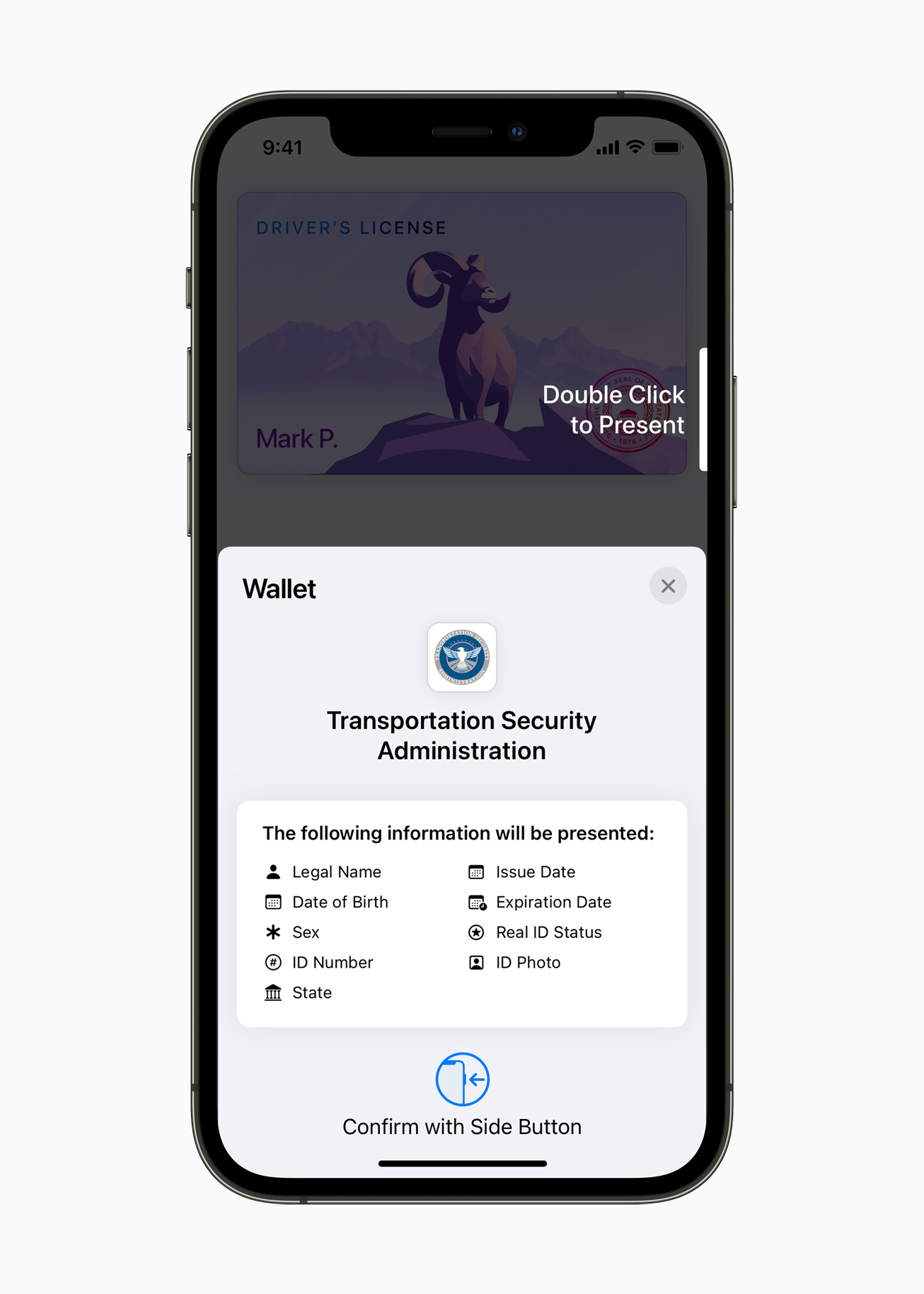
Though iOS 15 has been released for some time now, however, digital ID cards have been pushed back. Apple surreptitiously added the news that the feature would be “coming early 2022” to its site, MacRumors spotted. Previously, the company had been aiming for a late 2021 debut of the functionality.
The digital ID security question
While convenience is one of the most appealing aspects of the digital ID cards, the security of the system has also prompted some discussion. Apple argues that it’s more secure than a physical card would be, the data stored being locked behind either Face ID or Touch ID depending on the device being used.
Similarly, the company points out that the iPhone or Apple Watch would not need to be passed over to a law enforcement officer or TSA official. Unlike a physical card, the smartphone or smartwatch would be tapped onto an identity reader and need never leave the owner’s hands. The device itself can remain locked, too.
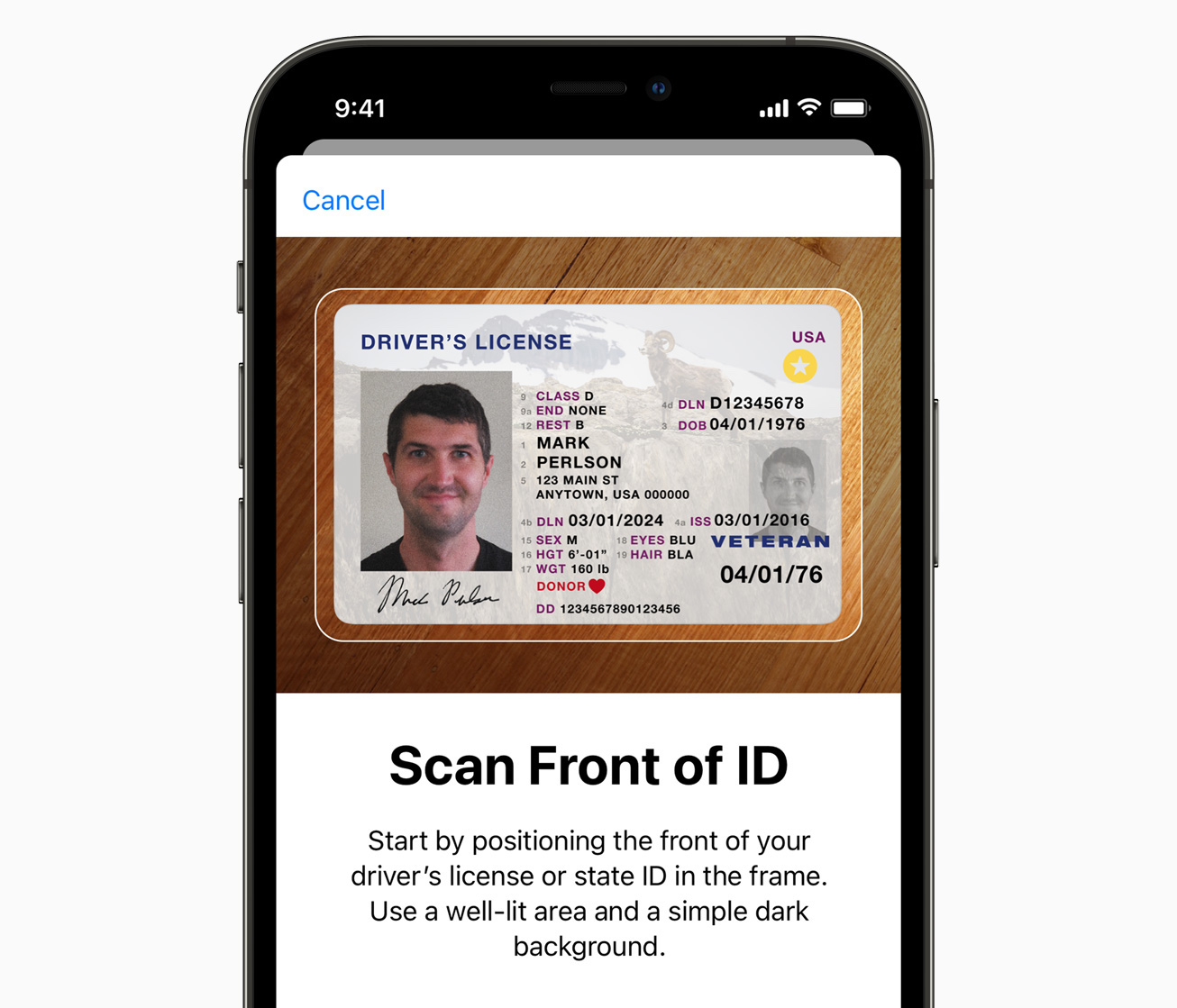
All the same, some privacy advocates have voiced concerns that systems like this could be used as an excuse for device confiscation, lead to centralized ID tracking, and potentially undermine personal control over ID data. In a report published in May 2021, the American Civil Liberties Union (ACLU) took general issue with mobile Driver’s Licenses, or mDLs.
“By making it more convenient to show ID and thus easier to ask for it, mDLs will inevitably make demands for ID more frequent in American life,” the ACLU wrote. “They may also lead to the routine use of automated or “robot” ID checks carried out not by humans but by machines. Depending on how a digital ID is designed, it could also allow centralized tracking of all ID checks, and raise other privacy issues. We might even see demands for driver’s license checks become widespread online. This would enormously expand the tracking information such ID checks could create and, in the worst case, make it nearly impossible to engage in online activities that aren’t tied to our verified, real-world identities.”
Apple’s argument has remained that digital privacy remains “at the forefront” of its system. Neither Apple nor issuing states are notified when or where the digital ID is presented, the company points out, all communications between the device and the reader are encrypted, and the mobile ID implementation itself adheres to the ISO 18013-5 mDL (mobile driver’s license) standard.

